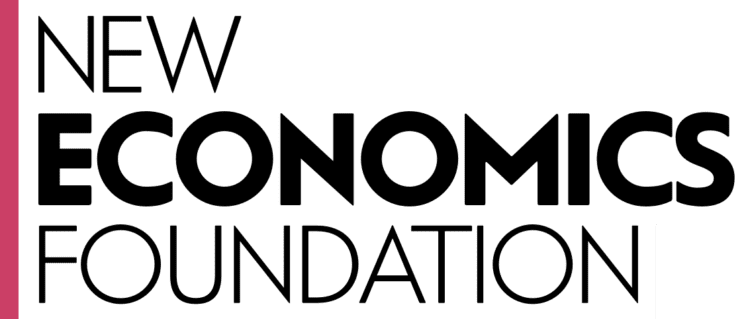An SROI analysis of the Responsive Parenting Program, ChildFund International, Ecuador
Download the research brief: ChildFund SROI Responsive Parenting – Research Brief
Download the full report: ChildFund Full report
Summary of the report
The research, conducted by NEF Consulting, evaluated ChildFund’s Responsive Parenting Program in Ecuador using a Social Return on Investment approach.
The Responsive Parenting Program aims to increase health, nutrition and development outcomes of children 0-5 years of age by increasing the skills, knowledge and awareness of primary caregivers. It also links families to public health, protection and education services.
The objectives
The objectives of the research were to:
- Broaden the evidence base on the returns on investment for early childhood development interventions, by adding social value where other analyses had only focused on economic or financial outcomes.
- Inform ChildFund’s decision making by investigating the value-for-money of investing in programmes such as the Responsive Parenting Program: Is this an efficient and effective approach to promote child development?
- Provide ChildFund with a greater understanding of how to measure the outcomes and impact of the programme.
Key findings
The research shows that the Responsive Parenting Program creates positive social change for various stakeholders:
- For children – there is considerable positive impact on social and emotional development, and some on physical development.
- For caregivers/parents (mainly mothers) – the biggest changes reported are improved agency and participation, and in self-esteem.
- For trainers – the greatest positive change is in increased employability, higher self-esteem, and agency and participation.
- For the wider community with whom programme participants share knowledge and skills – improved knowledge and skills related to early childhood development.
The research indicates that if a long-term approach (as in previous analyses) is combined with broader social valuation (as in this research), the returns on investment in early childhood development interventions could be substantially higher than the existing evidence suggests. It also provides a deeper understanding of the social and economic changes that children, families and communities are experiencing in the shorter term, which contribute to, and in some cases enhance, the longer-term outcomes.
 Childfund’s Responsive Parenting Program in Ecuador
Childfund’s Responsive Parenting Program in Ecuador
ChildFund’s Responsive Parenting Program complements existing social services provided by the Government of Ecuador. Its main aim is to enable children under 5 years of age to develop and flourish, by training and supporting their primary caregiver(s) to gain the knowledge, practical tools and the confidence necessary to support their children through each developmental stage. The programme does this by:
- Increasing the use of existing public services in communities, mainly by removing barriers to access due to lack of knowledge and resources.
- Empowering households and communities to actively promote and nurture children’s development and rights.
ChildFund, through its local partners, implements a variation of this model in Ecuador, Bolivia, and Honduras. In Ecuador, the Responsive Parenting Program operates in five provinces in the north and central Andes in 500 mostly rural communities. This Social Return on Investment research uses the Carchi Province of Ecuador as a case study to analyse in depth the impact of the programme. Carchi has around 150,000 inhabitants across six provinces. Although it is not the poorest province of Ecuador, it is certainly among the most vulnerable.
Download the research brief: ChildFund SROI Responsive Parenting – Research Brief
Download the full report: ChildFund Full report

